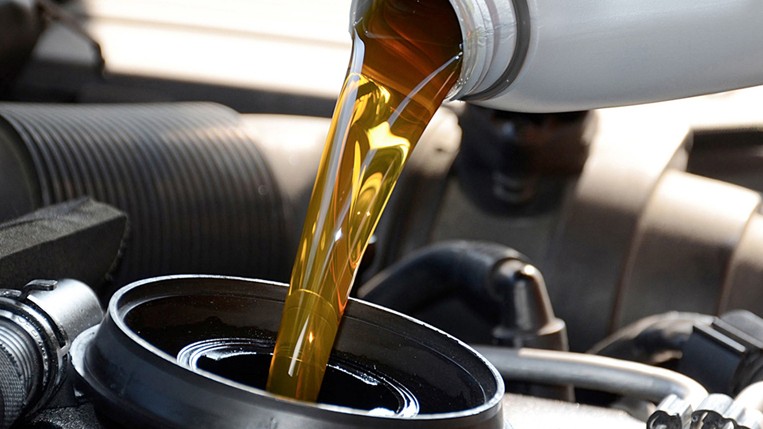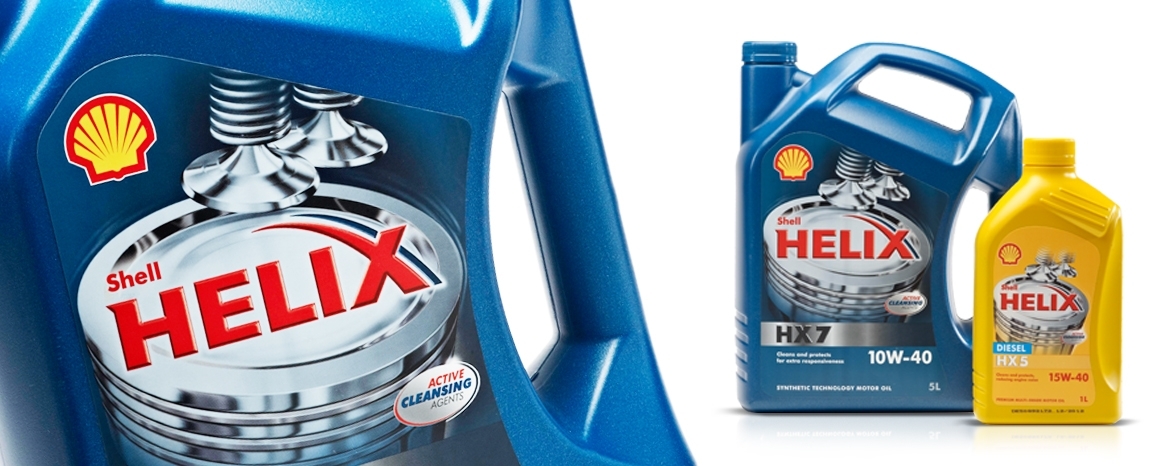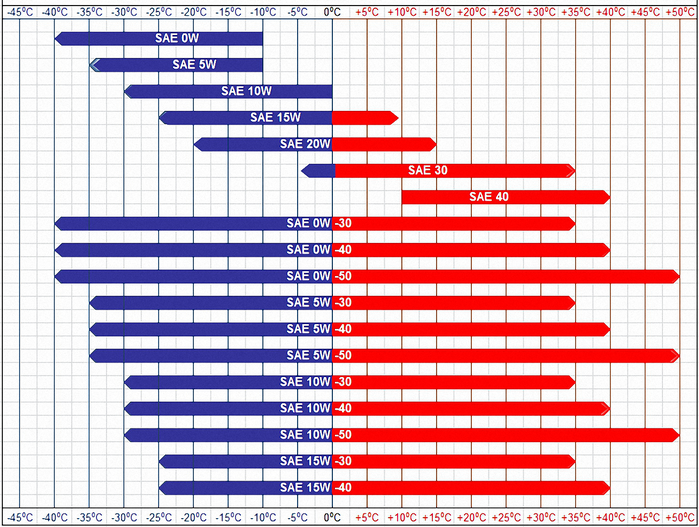Understanding Engine oil Viscosity and Finding the Right oil for Your car
The engine oil of a car is considered to be the blood of the car by people. Without blood one dies, and without engine oil your car engine would seize. Choosing the right engine oil is crucial for your car engine’s life. Oil dealers all over Pakistan have a large variety of motor oils available, with oils of various viscosity indexes, labels and prices. But before buying an engine oil for your car, it is important for one to know what all the labels on the oil can/bottle mean. And among all those labels, those digits and alphabet you see on the packing is most important. That is called the viscosity of an oil.
Also Read: Why You Should Stop Spraying Oil Under Your Car
What is engine oil viscosity?
Viscosity is basically the resistance of a fluid to flow. Viscosity index is the ability of an engine oil to resist thinning at high temperatures. Usually the viscosity is reported at one of two temperatures, either 40°C (100°F) or 100°C (212°F). The number before the “W” stands for the viscosity at lower temperatures, while the second number stands for the viscosity at higher temperatures. This means that 10W-30 engine oil has less viscosity at cooler temperatures and higher temperatures when compared to 20W-50.
As engine oil gets hot in the engine, it begins to get thin and when it gets cold it becomes thick again. The general idea is, the greater last number the more the engine oil is resistant to thinning. So for example 20W-50 has more resistance to thinning than 10W-30. Thicker oil is generally better because it has a better film of lubrication between moving parts of the engine. For regions that are extremely cold like the northern areas of Pakistan, it is recommended to go for engine oils that have a lower range of viscosity like 5W-30 or 10W-30. The reason being that at low temperatures, oil becomes thick and this makes it flow less to all parts of the engine. An engine oil that gets too thick in winters would make it difficult for the car to start and would also effect the fuel economy of the car. The following graph will help you understand the viscosity and its measurement.




this is outdated please check newer information.
In many new cars grades like 0w20 / 5w30 are recommended all year round.
Useful information.
Thanks but like someone said in other comment, any latest updates will be appreciated.
True. The article provides obsolete information which belongs to the time before the birth of the author.
“Thicker oil is generally better because it has a better film of lubrication”. Laughable, because thicker oil is too thick to penetrate between the tight tolerances of modern engines. And that is why synthetic oils are very thin.
Go write another article yourself since you have so many issues. “Obsolete info which belongs to the time before the birth of the author”. Are you kidding me! LMAO. When were you born to lash out this way? Pathetic.